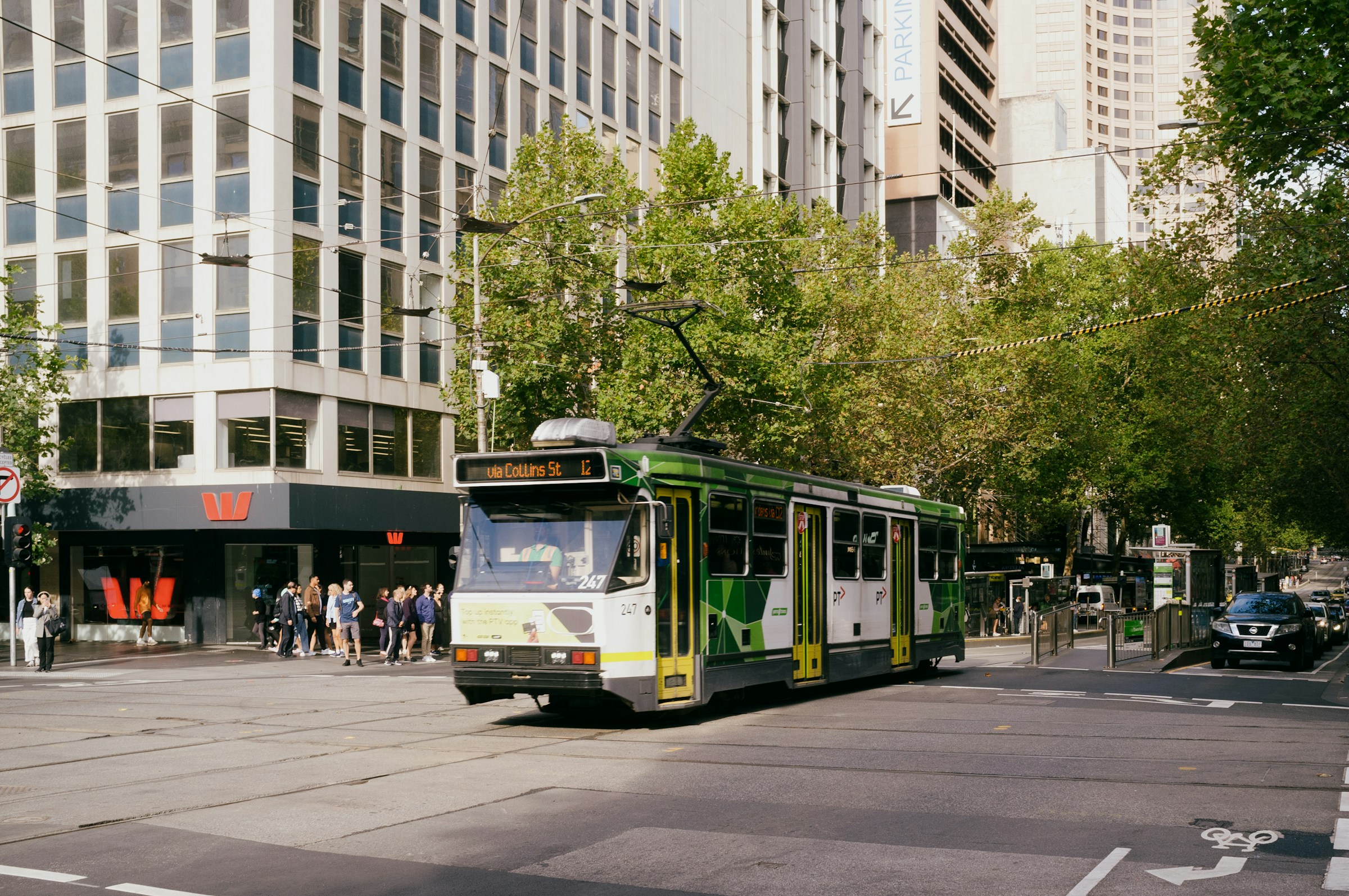Australia issued 2,600 student visas to Hong Kong residents in the 2024 to 2025 financial year, the lowest since records began in 2005 to 2006. The figure follows a short-lived spike when Canberra created a bespoke study-to-residency lane in 2022 to 2023. The number is small on its own, yet the signal is big. A funnel that once used permanent residency as the headline perk now faces tighter gates and a different competitor set.
What changed under the hood was not demand for degrees, it was the product logic around visas. In March 2024 the government replaced the old Genuine Temporary Entrant standard with a new Genuine Student requirement and raised English thresholds for both Student and Temporary Graduate pathways. Those tweaks sound procedural, but they reset screening, documentation, and risk scoring across providers and agents. They also slow the migration-via-education playbook that many families had modeled.
Set that against the earlier promise. After 2020 Australia carved out dedicated routes for eligible Hong Kong and BN(O) holders, including a Skilled Independent subclass 189 Hong Kong stream and related measures that signaled a clearer line of sight to staying on after study. That framing boosted intent, and it showed up in approvals in 2022 to 2023. The stream still exists, but it now sits inside a broader migration strategy that is actively reducing the overall flow and tightening post-study options. The product is no longer doing the heavy lifting for demand.
Policy posture matters because universities operate a two-stage conversion engine: admit and enroll is stage one, stage two is the promise of employability and residency. If stage two weakens, stage one marketing gets more expensive. Education agents in Hong Kong will feel this first: yield falls when families perceive that strong grades plus tuition no longer buy a predictable post-study horizon. The visible protests and confusion around the Temporary Graduate visa settings in 2024 crystallized that uncertainty for many prospective applicants.
There is also a new competitor that is not the US or UK. Hong Kong itself has become stickier. The city has added policy that makes staying through study more attractive, including a move in November 2024 to allow full-time non-local undergraduates to take up part-time work without hourly or location limits. That is a direct quality-of-life and affordability lever for international students who previously needed offshore options for comparable work exposure. Pair that with a continuing expansion of tertiary pathways and high placement pressure in the local allocation system, and the decision calculus shifts. Some students will still go abroad for prestige or program fit, but fewer need to leave purely for opportunity.
Macro context amplifies the signal. Australia crossed 700,000 international students in early 2024, then flagged a policy drive to pull total migration back down. When a system moves from maximize to manage, operators must assume slower turnaround times, stricter compliance, and more variance by source market. Hong Kong becomes one of the first to show that effect in the numbers, given its small scale and historically policy-sensitive demand.
For Australian universities, the near-term fix is not a bigger billboard in Kowloon. It is product correction along the student journey. Programs with clearer internship, micro-credential, and employer-linked outcomes will convert better than generic degrees. Scholarship packaging will need to shift from one-off discounts to multi-year retention guarantees that are conditional on academic progress, since families now price in longer timelines and thinner post-study work rights. Compliance teams should get budget before marketing does, because the Genuine Student regime increases file risk, and refusals ripple through agent economics for an entire cycle.
Expect portfolio rebalancing as well. Many institutions will lean harder into India, Southeast Asia, and the Middle East to protect fill rates, yet that does not mean abandoning Hong Kong. The brand carry in business, finance, and creative tech remains strong. What will change is the pitch: less migration pathway, more network and career mobility. Schools that can underwrite paid placements, curated alumni introductions, and industry capstones will still win share even as absolute visa numbers stay lower than a decade ago. The era of selling Australia itself as the product is winding down; the program experience must earn its keep.
Families in Hong Kong will adjust their own model. If the expected return depends less on residency and more on skill portability, then value migrates to programs with credible cross-border placement history and real employer validation. Joint degrees, Singapore or UAE semester exchanges, and embedded internship trimesters will look smarter than a pure onshore bet. The most sophisticated buyers will treat the degree as a platform to join a network, not a ticket to a postcode.
All of this sits within a global reset in which governments keep permanent migration steady while using student levers to tune short-term inflows. Australia’s strategy is explicit about that balance. Hong Kong’s response has been to make its own campus experience more livable and to widen work-study integration. The result is fewer outbound approvals to Australia, not because education lost appeal, but because the migration-led thesis no longer defines the purchase.
Miles’s take: the system did not suddenly lose demand, it lost a conversion promise. Treat the downturn as a product problem, not a marketing one. The players who rebuild around employability, risk clarity, and network utility will stabilize Hong Kong intake even as policy keeps the taps tighter.










.jpg&w=3840&q=75)



-2.jpg&w=3840&q=75)